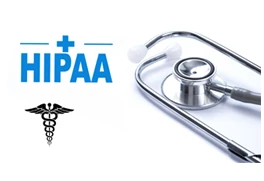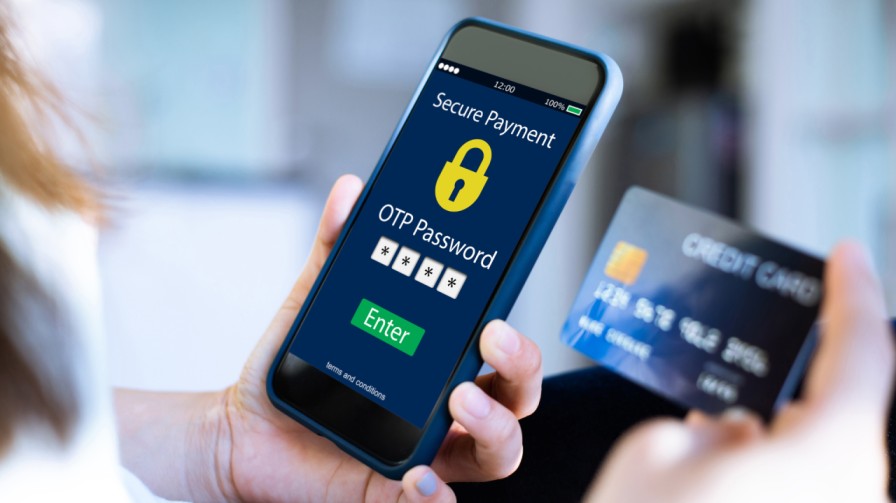
The Health Insurance Portability and Accountability Act of 1996 (HIPAA) is a law in the United States that was created to ensure the privacy and security of health data. The Privacy Rule, also known as the Standards for Privacy of Individually Identifiable Health Information, is one of the most important parts of HIPAA. It defines how healthcare providers, health plans, health care clearinghouses and other entities covered by HIPAA can use and disclose an individual's protected health information (PHI).
The act also covers health care providers that conduct certain health care transactions electronically.
The Privacy Rule limits uses and disclosures to certain circumstances:
- For payment,
- For healthcare operations,
- For public health activities,
- In specialized government functions such as military or intelligence purposes,
- For research purposes with consent, or
- If required by law.
The Privacy Rule requires covered entities to provide individuals with notice about their privacy practices, including how they use and disclose their personal health information. It also limits certain uses and disclosures of this information without an individual's written authorization. The key standards outlined by the HIPAA Privacy Rule cover:
- Patients’ rights to access PHI- Health care providers’ rights to deny access to PHI,
- Contents of Use and Disclosure HIPAA release forms
- Notices of Privacy Practices, and more.
The Privacy Rule gives individuals rights over their protected health information, including the right to examine and obtain a copy. The Rule also gives individuals the right to request in writing that an organization restrict uses or disclosures of their protected health information.
The regulatory standards must be documented in the organization’s HIPAA Policies and Procedures.

 +91 9594449393
+91 9594449393 +1 4847906355
+1 4847906355 +63 9208320598
+63 9208320598 +44 1519470017
+44 1519470017 +84 908370948
+84 908370948 +7 9639173485
+7 9639173485 +62 81808037776
+62 81808037776 +90 5441016383
+90 5441016383 +66 993367171
+66 993367171 +254 725235855
+254 725235855 +256 707194495
+256 707194495 +46 700548490
+46 700548490


